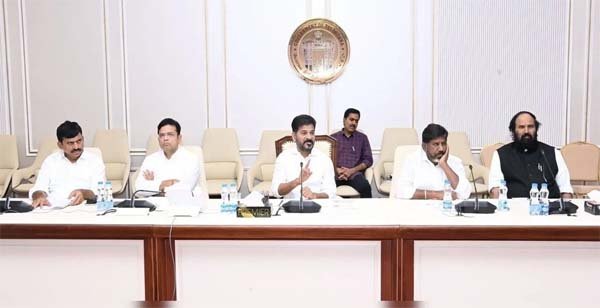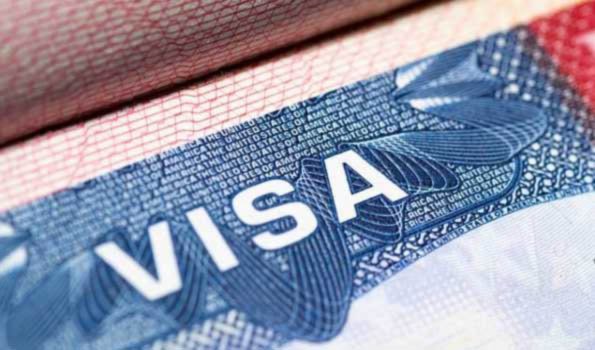New Delhi, Apr 25, (UNI) The Supreme Court on Thursday granted interim protection to actor-turned-politician S. Ve Shekher, exempting him from surrendering until the next date of hearing in a case related to derogatory remarks against women journalists.
A Bench comprising Justice Surya Kant and Justice N. Kotiswar Singh came down heavily on Shekher for the offensive post and questioned the sincerity of his apology.
“First of all, you are pursuing this… it’s a nasty campaign you carried out against a woman—attacking her dignity directly and in such a brazen and abrupt manner,” the Court remarked, expressing displeasure that Shekher had not impleaded the complainant in the proceedings.
The Bench further added, “You must be harassing so many women. This time, you were confronted with a Journalist Association attack.”
Shekher contended that he had merely forwarded a message without reading it, deleted it within an hour, and apologized.
However, the Court was unconvinced. “Probably whatever your vocabulary had, you had put the entire vocabulary on Twitter,” the judges said pointedly.
When Shekher insisted that he had tendered a public apology, the Court disagreed, noting: “No, no, no. You never apologized. The High Court says that you never tendered [an apology], you just made a formality of it.”
Seeking relief under Section 360 CrPC and the Probation of Offenders Act, Shekher urged the Court to consider his age, lack of prior convictions, and the brief duration the offensive message remained online. He also stated that he would implead the complainant, though the original complaint was filed by the Journalists’ Association.
Referring to the alleged apology posted in the same Facebook group where the complainant was present, Shekher claimed she had not blocked him. The Court, however, emphasized the magnitude of the issue: “Millions of people must have seen it.”
Passing an interim order, the Bench granted Shekher four weeks to approach the complainant and attempt to persuade her to accept his unconditional apology.
“Implead her only when you are able to persuade her to accept your apology. We are not going to impress upon her that she should accept,” the Court made clear.
The Madras High Court had earlier declined to interfere with Shekher’s conviction, noting that a mere apology was not enough to undo the damage caused by such public statements.
The High Court had held that the dignity and image of the complainant and other women journalists had been irreparably harmed, making it a fit case for conviction.
Shekher was convicted under Sections 504 and 509 of the IPC, along with Section 4 of the Tamil Nadu Prohibition of Harassment of Women Act, 2002, for his derogatory Facebook post.











